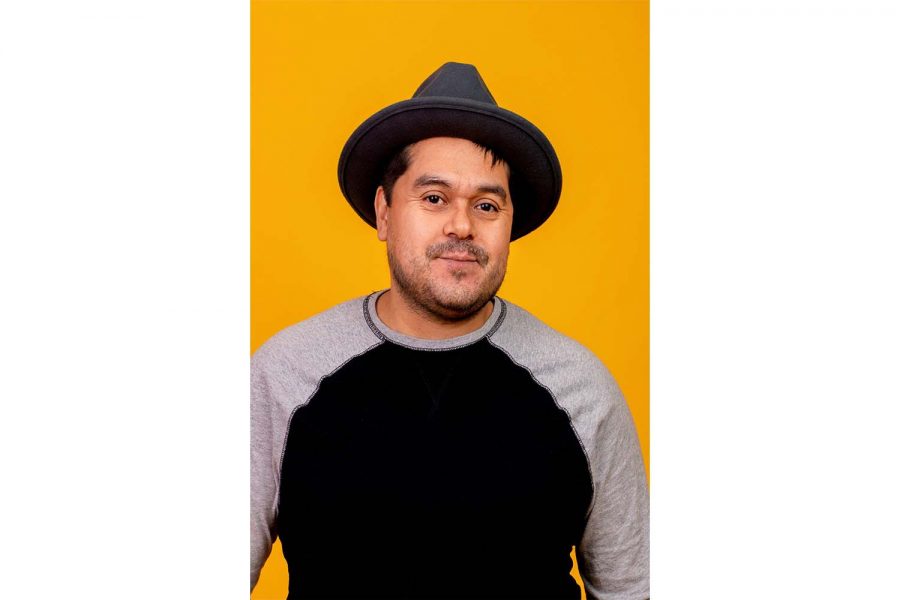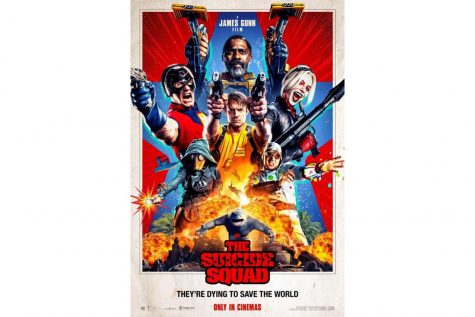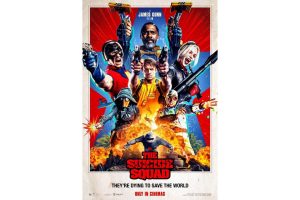Ask the Author — Chuy Renteria
New author and father tells his story of growing up in the first majority Hispanic town in Iowa in his new book “We Heard it When We Were Young.”
August 30, 2021
Author Chuy Renteria was born in Iowa City, but he grew up in West Liberty, only 20 minutes away. He spent his last few years composing a memoir, We Heard It When We Were Young, which recalls his formative experiences growing up in West Liberty as a first-generation Mexican American and explores the private tensions within the community.
Question: What are you hoping your writing portrays to the reader?
Answer: For me — and this sounds so hoity toity — it’s truth with a capital T. Not in the sense of like, ‘there are the facts about what happened,’ but more in the sense that this is the essence of reality for us [Hispanic community of West Liberty]. Comradery and conflict. I want to portray to the reader the truth of that.
Q: How did you come up with the title “We Heard it When We Were Young”?
A: So, I’ll say like “spoilers!” When I was about nine years old, I was walking home from school, and passed the high school. I heard these people yelling behind me, a high school couple with locked arms. The guy started hurling racial epithets towards me, calling me all sorts of horrific slurs. His girlfriend told him that he should stop, that “he’s just a kid.” He said — and I remember this even though it was 25 years ago — “No, these little ‘things’ need to hear it, they need to hear it young.” So, I based it off that.
Q: How did you deal with the hatred and racism you got at such a young age?
A: There’s a big story in here about dance. I think that was a way for us to deal with the ugliness that was happening towards us and deal with the fact that we can’t connect with anyone around us. I still dance — I have been dancing for longer than I have not been dancing, by a long span. I don’t know if I can say it saved my life, but it changed my life. I wouldn’t be here if it wasn’t for that.
Q: What is something about yourself that would surprise readers?
A: For a long time, I battled an eating disorder — the last story gets into the bad ramifications of that. The way I describe it is the same as the way you hear people talk about alcoholism. Where you don’t beat it, you just learn to live with it.
Q: I know you just had a baby — how does fatherhood change or shape your writing process?
A: It changes everything. Looking back at the book that I wrote and having my baby, Marisol, it’s all just one big intersection. I want to try to do right by Mari, give her the good things that I had in my childhood, and try my best to not let her go through some of the stuff that I did. You must be resilient. I have no idea what I’m doing. I just go day by day and hope I don’t fall asleep on the couch.
















